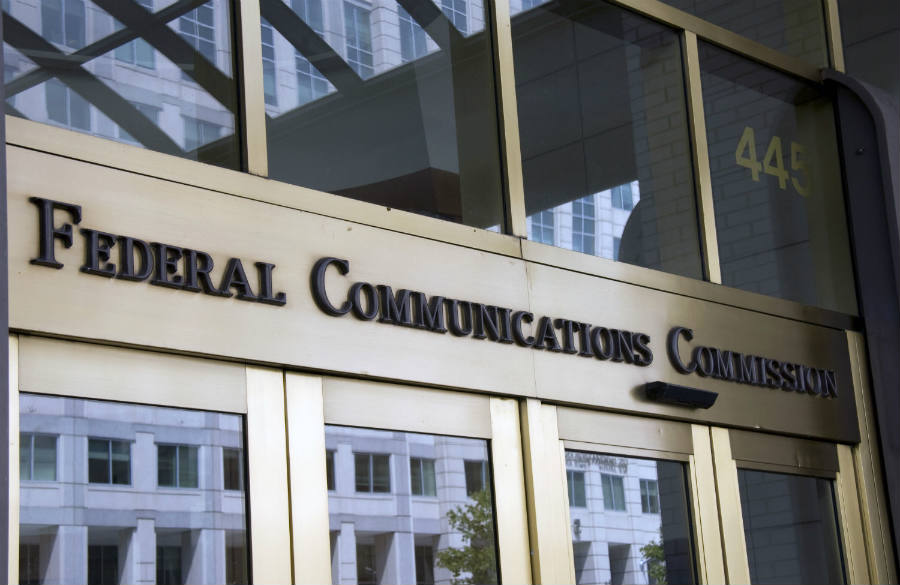Google Inc. (NASDAQ: GOOGL), Apple Inc. (NASDAQ:AAPL) and Comcast Corporation (NASDAQ: CMCSA) were among the group of companies that attended the first meeting of the Robocall “Strike Force” at the Federal Commission of Communication‘s headquarters on Friday.
The Strike Force’s members include organizations of the nation’s wireless industry, three of the Silicon Valley tech giants and 30 other companies working alongside the U.S FCC to develop “concrete plans to accelerate the development and adoption of new tools and solutions” to stop robocalls by October 19.
AT&T CEO Randall Stephenson is the leader of the group and was in charge of the opening speech. The lineup also includes Republican Commissioner Ajit Pai and Democratic Commissioner Mignon Clyburn who believes the changes must target the root of the problem to make a real difference.
AT&T was the first to answer FCC’s call
The letter from the chairperson Tom Wheeler explained how spam and telemarketing calls are the number one source of consumer complaints the institution receives. Wheeler urged the companies to respond within 30 days with strategies to solve the problem, and AT&T was first to answer.
“AT&T is prepared to take leadership in the industry in the development of comprehensive solutions,” replied the carrier.
In the answer, the telecommunication enterprise proposed Mr. Stephenson as the chair of a new Robocalling Strike Force.
The U.S government has some protective measures to prevent automated phone calls. On the top of the list, there is a regulation of the FCC that requires private companies to have prior consent to robocall or auto-text mobile devices.
Customers can also add their number to the Federal Trade Commission’s “Do Not Call Registry” to prevent legitimate telemarketers from calling. If a user is on such list and still gets a marketing call, the agency can take legal measures against the caller. Such measures have not been enough, and the FCC expects carriers to come up with a better and definite solution.
The Strike Force will get rid of robocalls for free
The strike force is debating secure a Caller-ID authentication tool that abides by the Anti-Spoofing Act of 2015 in the Congress. However, they are still working on an efficient way of identifying robot callers and block them for good.
The FCC launched a free app called TrueCaller which is available for Android, iOS, and Windows mobile. The app collects info from a public file with 40 million active users. The FCC archives all the robocall reports and records the number in the database. Then, TrueCaller blocks all the phone numbers in the “black list.”
Apple will include at least one combative tool in the upcoming iOS 10, a caller ID extension for spammer alerts; while Google has a “Caller ID & Spam protection option” in the settings menu of Android 6.0 running on Nexus and AndroidOne devices.
In the initial letter, Tom Wheeler told the companies they had to come up with a solution to the problem free of charge. So, whatever plan the Strike Force comes up with, customers will get the benefits for free.
Source: FCC





